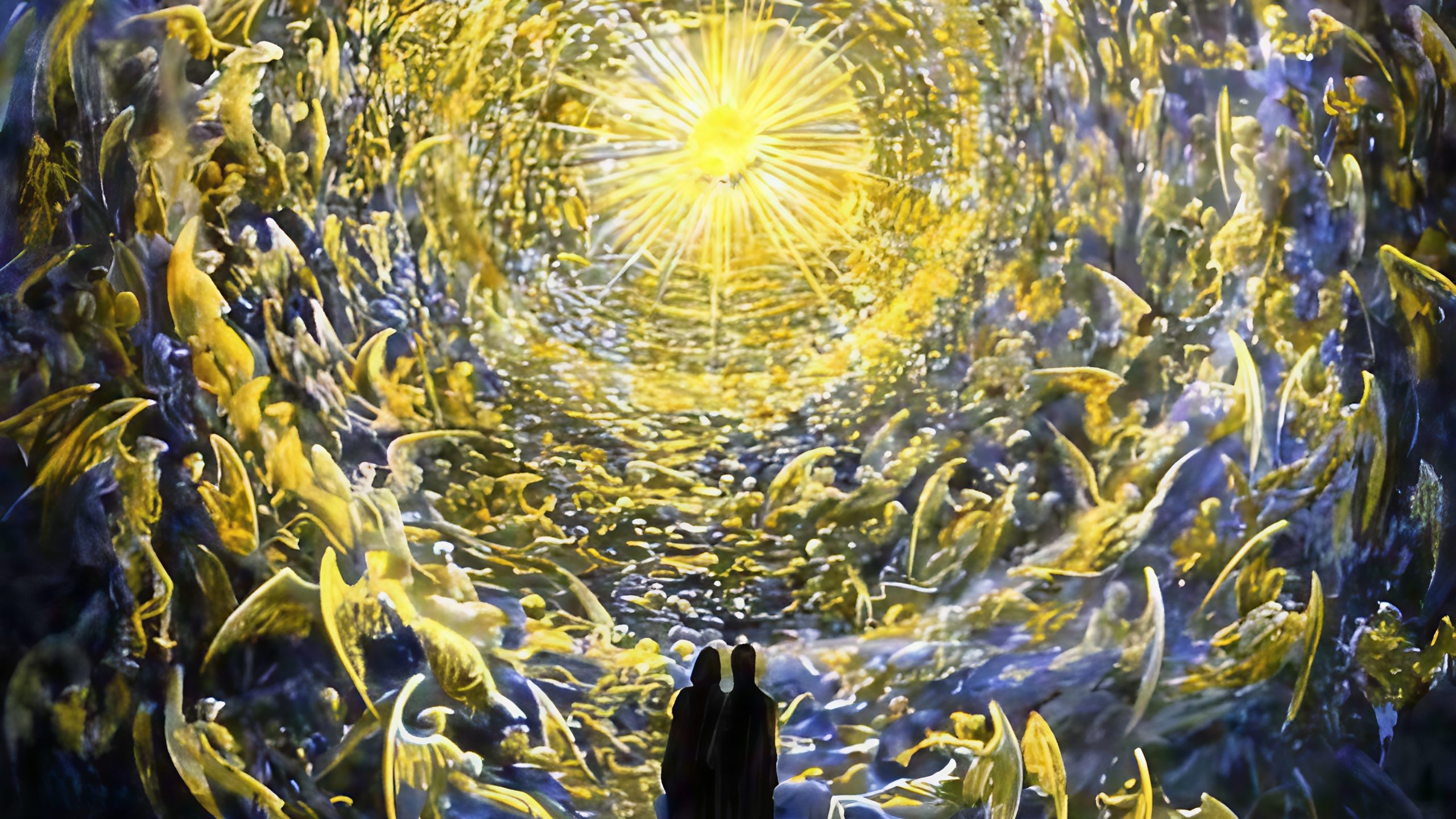
The Big Idea
Before we start to discuss God, let’s make sure we understand who theists think that God is. Let’s begin with a few topics atheists and theists will agree upon.
First: God does not exist.
To say something exists is to say that existence has been applied to it. You exist, for example, but you could just as well not. You have existence, but not as something belonging to you; rather, as something borrowed. Circumstances and materials existed before you which, applied just as they were, resulted in you. These conditions are ever-changing, and at some point, due to one condition or another, you will die. Such is the case for all the things we interact with: condition, beginning, change, and destruction. Existence is borrowed, and existence is relinquished. But God is not like that; He does not exist. God is existence. Nothing came before God; He is “the before.” God didn’t create Himself; He is uncreated. He is the principle from which all other being is borrowed; the floor upon which existence stands.
Another point of agreement: an outside force does not impose right and wrong upon us.
Consider the meaning of the words “right” and “wrong.” An accurate clock is “right,” and a clock that’s a few too many minutes fast is “wrong.” Nobody imposes accuracy upon the clock by pointing this out. Timekeeping is just what a clock does; “right and wrong” factually describes this clock’s relationship to its own nature. Now consider yourself – what is your nature? You have a mind intensely interested in goodness, truth, beauty, justice, and love – but these things are the very description of God. The demand of your nature is to love God, and through this love, to love your neighbor. God does not “impose” the ramifications of these relationships upon man any more than the horologist imposes accuracy upon the clock. Loving God and your neighbor is just what you do, and “right and wrong” factually describes your relationship to your own nature.
A third point of agreement: God is not the biggest, most powerful thing around.
Zeus is the “main character” in Greek mythology. He has all the main character powers – immortal, practically unstoppable, capable of imposing his will upon anything. But for all of Zeus’ might, there is nothing he could do to challenge the power of Homer, the author. They are incomparable; he and his world are literally nothing without Homer. God is not like Zeus; He is like Homer. “Power” belongs to characters; God, as author, is beyond power. As Homer is present to every word of his story, God is present to all reality. But there is one difference: Homer’s characters can only exist on a page, lifeless. God’s characters are real – alive, animated, and free to make their own choices. And the Wisest of Authors, of course, will end the story in a satisfying fashion: every character gets the ending they deserve.
One last point of agreement: there is no afterlife.
Imagine your consciousness as a fixed point of being and experience. The world is sort of like an interactive “slideshow,” sequentially understood by that fixed point of experience. But the fixed point does not require the slideshow. Eventually, when the slideshow ends, the theist may contend that your consciousness will remain, experiencing one endless moment. This instant is far more real than life on earth. It is to be utterly naked, utterly yourself for all eternity. For some, this will be a source of unutterable anguish. For others, this will mean eternal joy. In either case, eternity is not really an afterlife; rather, this present life is a pre-life.
Moving Forward
This section of the website is all about the strange, marvelous author of time and eternity. In the menu, you will find logical proof of God’s existence through cosmology, transcendentals, a few supplementary arguments from consciousness and God’s nature, an analysis of good arguments for atheism, an analysis of bad arguments for atheism, and an argument against Deism.
You can navigate to these pages through the menu, or through the links above.
